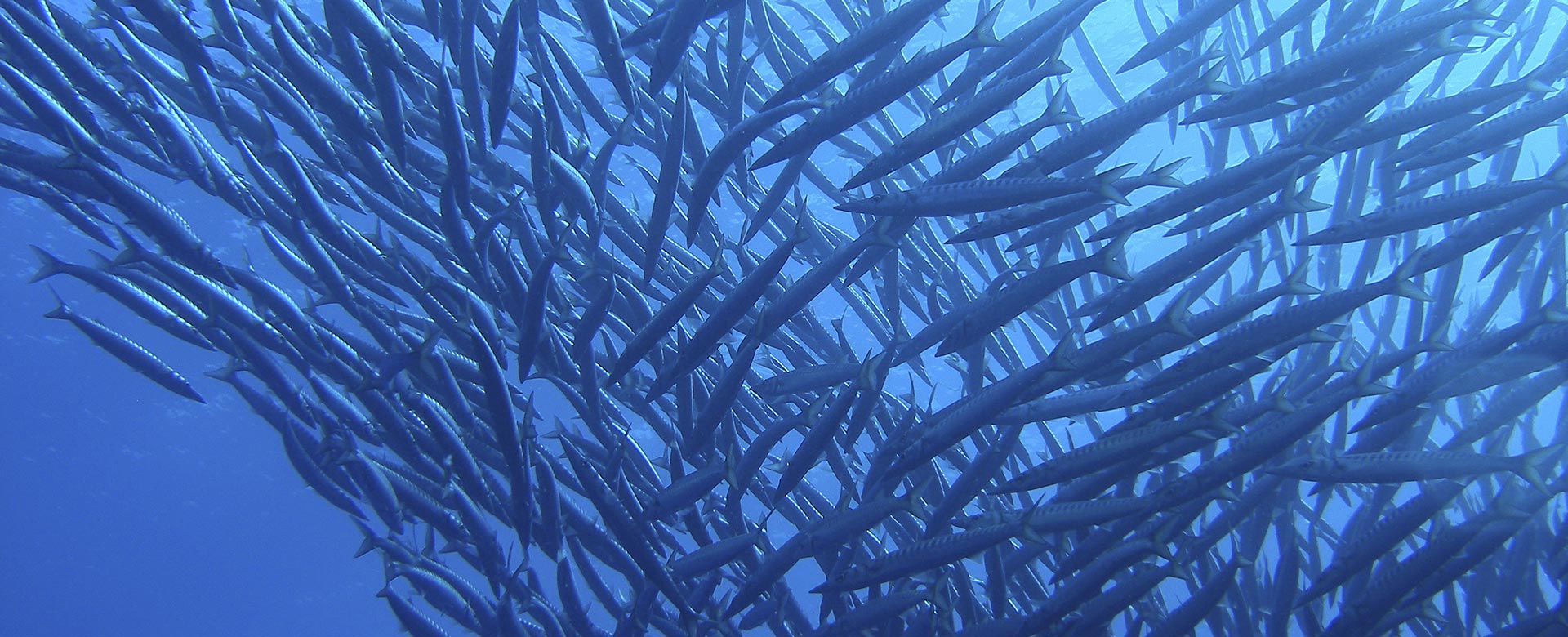Strategy
Listen, co-ordinate, inspire action
We co-ordinate local effort and funding power to derive the most effective means of conserving the Balearic Sea. To do this we encourage dialogue between experts and organisations that tackle the challenges faced by the Balearics’ marine environment, and help forge connections between those best placed to carry out projects and those who can fund them.
Read more

Generating knowledge
Robust information and a solid scientific base are essential for planning effective action to improve our marine and coastal habitats. Despite the large amount of information available about marine conservation generally, there are still gaps in knowledge specific to the Balearics. Marilles is funding research to fill these gaps, enabling local organisations to share information and create a scientific consensus.

Identifying solutions
To find solutions, we have created multidisciplinary working groups for each of the priority areas we have identified. Meetings of each group take place on all islands. The starting point for the work is a mutually agreed analysis of the current situation, its causes, and our goals. All groups are open to any interested person or organisation that agrees with our approach and shares our goal.
Co-ordinating funders
When funders join forces, great things can happen. Marilles is working with other foundations to coordinate efforts across the Mediterranean and grow the available funds dedicated to marine conservation. We organise regular meetings with funders and potential donors to pool information about the current context and inspire co-ordinated action.

Our current priorities
Marine protected areas
Around 20% of the Balearics’ waters are under some form of legal protection. Among those are Caberera, the largest national park of the Western Mediterranean, and 12 fisheries reserves. Although these have had a positive impact, in most areas they are delivering below their potential. We seek to raise the ambition and impact of existing MPAs to deliver higher levels of biodiversity and more fish, reaping the associated economic benefits.
Sustainable fisheries
Professional fisheries continue to be one of the greatest pressures on the marine environment of the Balearics. Yet the professional fishing sector itself is in decline. Locally, it is composed mainly of small-scale vessels, many of which recognise the benefit of fishing reserves and have actively campaigned for them. We believe that, with some changes, the Balearic fishing fleet could become the most sustainable in the Mediterranean and a model for the region.
Vulnerable species and habitats
In the Balearic Sea swim sperm whales, sharks, seahorses. It’s home to plants like Posidonia, which in addition to generating a very important percentage of the oxygen we breathe, serves as shelter and food for many species. A sea full of life is a pillar for the wellbeing and prosperity of the population, as well as a guarantee to face the challenges of climate change. We support projects that study and protect vulnerable species and habitats to better understand their conservation status and the pressures they face. Two of our priorities are the conservation of rays and sharks and shallow water bays.
Water quality
In the Balearic Islands we have crystal clear water, but if we compare the current data with the progression of the last 20 years, there has been a gradual decline in its quality. We study the causes of this degradation and propose solutions based on scientific data to reverse this trend. Our strategy is to help put the problem on the table and seek collective solutions.

What we need
The change we want to see
If we look to the Balearics in 2030, we can envision healthy marine and coastal ecosystems, with abundant sea life and fish stocks contributing to an economically prosperous region. This vision is within our reach if we achieve change in three key areas, described below.
Effective marine protected areas
A robust, well-managed network of Marine Protected Areas delivering higher levels of biodiversity and increased fish populations, bringing associated socio-economic benefits.
Sustainable and low-impact fisheries
Professional fishermen adopting low-impact gear and sustainable practices to make a decent living without degrading the environment they depend on. Locals and tourists enjoying recreational fishing at sustainable levels.
Engaged society
Balearic society and its key economic sectors recognising the marine environment as critical to their success. Hotels, diving centres, nautical clubs and the local population taking increased action to preserve this crucial asset.

